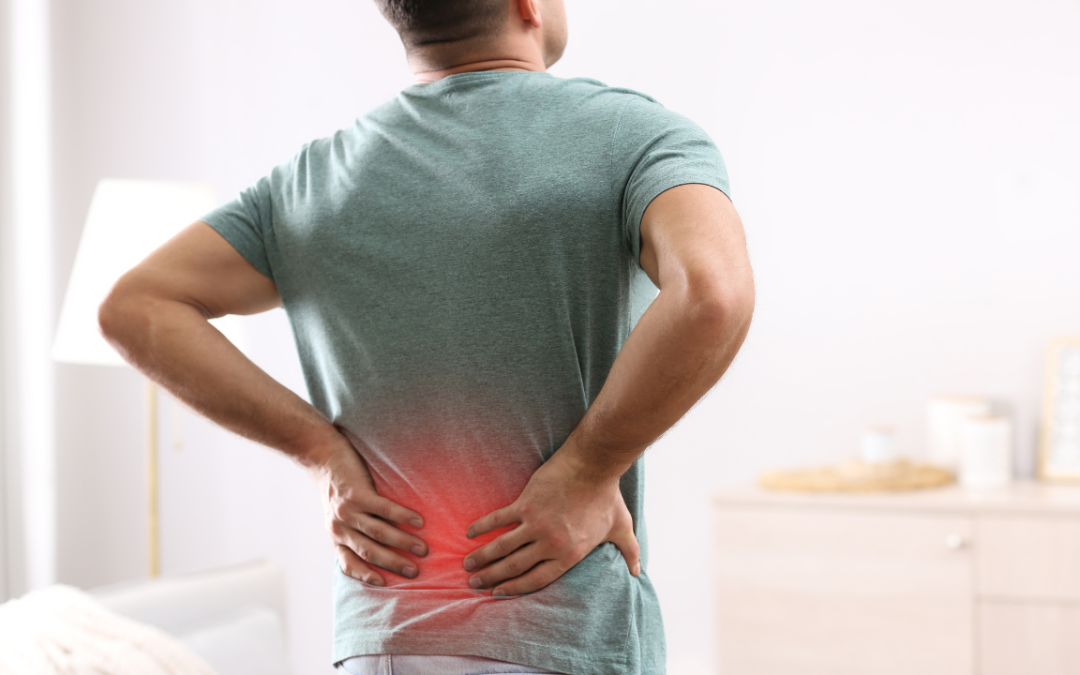You’ve probably heard about all the crazy new medical tech that’s coming soon, but have you wondered how your future hip replacement might be different? With life expectancies rising, joint replacements are becoming more and more common. Hip surgery has come a long way since its inception, with continuous advancements in medical technology enhancing the efficacy and safety of procedures. While current designs involve metal and plastic, futuristic materials like ceramics and highly- crosslinked plastics are already being tested.
Surgical techniques are rapidly advancing too. Robotic surgery and personalized 3D-printed implants tailored to your exact anatomy could enable faster recovery and better function. Even injectable biomaterials that regenerate cartilage and bone are on the horizon! What does this all mean for you?
A Look at Cutting-Edge Hip Replacement Technology in 2024
By 2024, hip replacement technology and surgical techniques will have advanced in exciting new ways:
- Hip implants will utilize newer materials like ceramic-on- ceramic or highly cross-linked plastics to reduce wear and last longer. These improved bearings can better withstand everyday use and may delay the need for revision surgery down the road. Minimally invasive techniques will continue improving. Muscle- sparing approaches through smaller incisions lessen trauma to soft tissues while still allowing accurate component positioning. This further speeds recovery with less post-op pain.
- Patient-specific instrumentation will create customized cutting guides from 3D CT scans of each patient’s unique bone anatomy. This tailors the procedure and enhances accuracy in implant positioning without needing to extensively expose or detach muscle tissues.
- Robot-assisted systems can autonomously handle surgical tools like a highly precise extension of the surgeon’s hands. This augments their abilities and skills beyond human limitations. Robots allow for even more accurate planning and execution.
- New tools will enable tissue regeneration instead of traditional hardware implantation. Stem cells, growth factors, or special biologic meshes could regrow a biological joint surface without using typical artificial implants. This concept remains highly experimental but shows incredible promise.
Ultimately, the goal is to make procedures less invasive and traumatic while improving accuracy, longevity, and patient outcomes. Advanced computing power and emerging nanotechnologies will open new possibilities in 2024 and beyond. The future looks bright for those needing hip replacement!
How 3D Printing Is Revolutionizing Hip Implants
3D printing technology is revolutionizing the world of hip replacement surgery and implants. By 2024, a large percentage of hip implants will be made using 3D printers, customized to match each patient’s unique bone structure. Here’s what you can expect:
Custom Fit
Also called patient- matched devices, the implants are designed using 3D models from CT scans and X-rays of your actual hip structure. This allows for a perfect fit, promoting faster healing. No more one-size- fits-all implants that never feel quite right!
Improved Materials
New metals like titanium and cobalt- chromium alloys can be 3D printed to be porous, promoting bone growth into the implant. This anchors it firmly and reduces loosening over time. Non-metal options like ceramic and special plastics are also being developed.
Less Invasive Placement
The custom fit and improved “grip” of 3D printed components lends itself well to smaller incisions and less invasive surgery. For some minimally invasive procedures, the socket can be pressed into place rather than hammered. This causes less trauma and quicker recovery times.
Reduced Dislocation Risk
With components designed to your specific anatomy and range of motion, 3D printed implants stay put! This may reduce the risk of post-surgery dislocation, especially for people with complex needs.
Fewer Revisions Down the Road
Personalized components that integrate with your bone and soft tissues better than ever before mean your new hip should last 15-20 years or longer before needing replaced again.
While not yet mainstream, customized 3D printed implants are the way of the near future. By 2024 many surgeons predict a majority of their hip replacement components will be printed, not mass produced. This futuristic tech offers the potential for life-changing outcomes!
Hip Replacement FAQs: Your Top Questions About the Future of Hip Surgery Answered
Wonder what hip replacements will be like in just a couple years? As technology rapidly advances, you may be surprised at the innovative new techniques and equipment set to revolutionize hip surgery by 2024. Let’s explore some frequently asked questions about the future of hip replacements.
Will the surgery be less invasive?
Yes! One exciting area of development is less invasive surgical methods that require smaller incisions. Some techniques may use only one 3 to 5 inch incision instead of the traditional 10- 12 inch cut. This leads to less soft tissue trauma, reduced blood loss, shorter hospital stays, and faster recovery times.
How long will the artificial joint last?
Current hip implants last 15- 20 years on average. However, with improved materials and design, the latest generation of artificial joints can potentially last 25- 30 years or longer before needing replaced again. This means fewer repeat replacement surgeries for most patients.
Will I have increased range of motion and mobility?
Absolutely! With innovative materials like porous titanium that better integrates with your bone, future hip implants will likely provide improved functionality and stability. This leads to greater mobility and flexibility for activities requiring hip range of motion like bending down, reaching overhead, golfing or gardening.
While hip surgery will continue advancing rapidly, it’s still major surgery with a lengthy recovery. But you’ll be walking easier and getting back to activities you love sooner than ever thanks to the amazing innovations on the horizon! AOA Arlington Ortho is committed to offering the greatest care in the ever-changing field of orthopedic technology, embracing the most recent developments in hip surgery. Robotics, 3D printing, artificial intelligence, and other simple approaches are combining, offering a new age in the sector that will improve patient outcomes and quality of life. As 2024 comes to a close, AOA Arlington Ortho continues to acknowledge and profit from these advancements. If you’re considering hip surgery, you may be confident that the future is brighter than ever.









